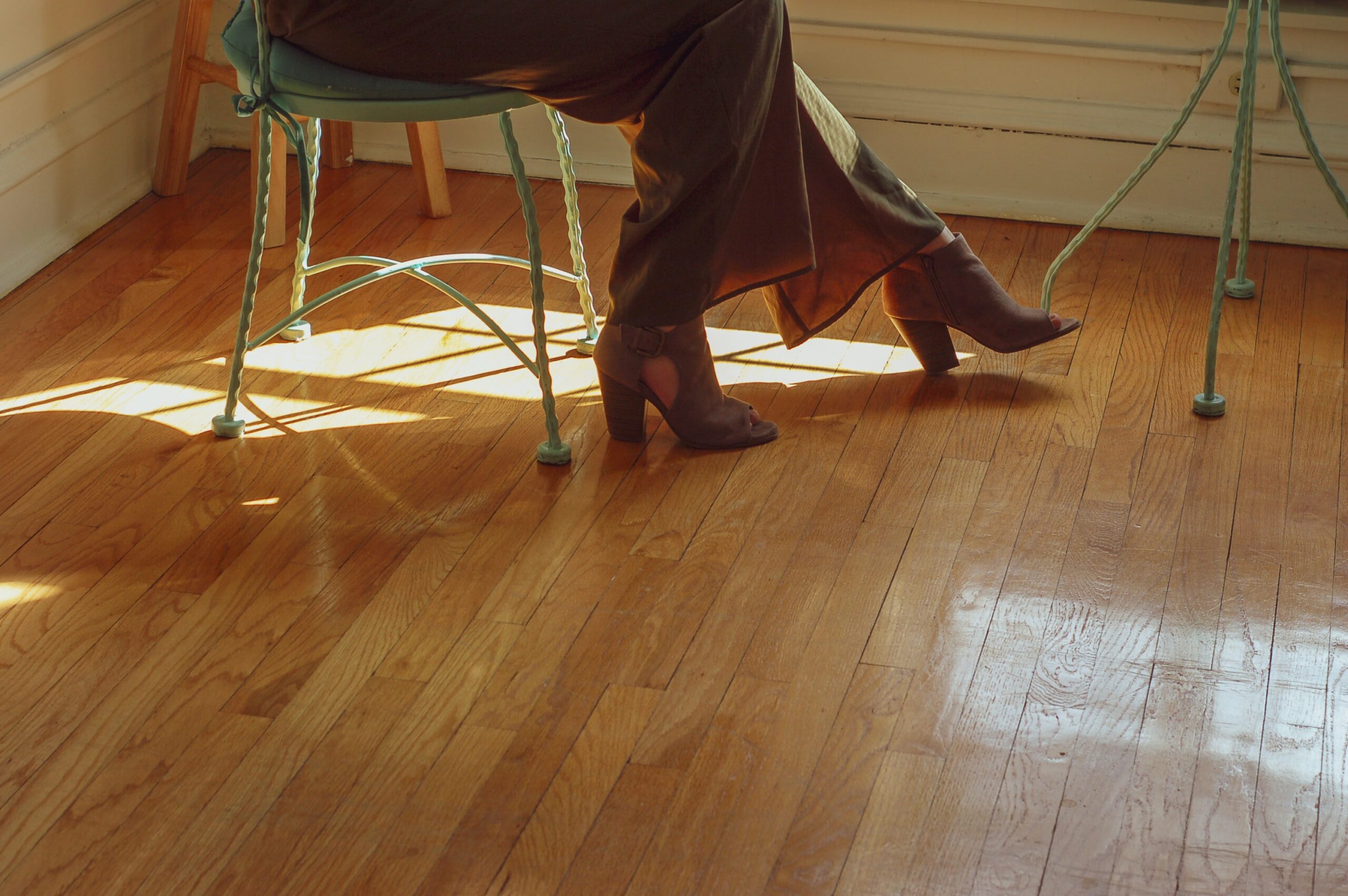
Flooring is one of those things that most people don’t think about until they have to, such as when something gets damaged or they’re in the middle of a remodel and the flooring needs to be replaced. With so many options, and options within those options, available, it can be a little daunting to think about. You have to decide what material to use, what pattern or type of that material (such as when considering hardwood, what sort of wood?), and if you’re going to go the extra mile with any special features (such as waterproofing or noise insulation). However, a little consideration today can save you a lot of stress and uncertainty tomorrow. Here are just a few things to consider when contemplating what to do about your home or office flooring.
Durability
The first thing to consider when thinking about flooring is the amount of foot traffic and wear and tear you expect it to receive. On a daily basis, your living room might need something much more durable than your den or guest bedroom. The number of people who go through your living room on a weekly, or even daily, basis most likely wear on your living room floor a lot more than most other rooms in your house. You’re going to need flooring more durable for something like that. Durability can be measured by everything from material type to the finishes and veneers that you put on top of it, so make sure to do your homework about the various ways that you can make your flooring last.
Materials
There are many types of floors available for both residential and commercial spaces. Common materials to choose from include options like hardwood, vinyl, linoleum, and porcelain, while less common ones include bamboo, cork, and natural stone. There are also subsets within your options: A hardwood floor, for example, can be made from different tree species, and it can be either solid or engineered hardwood. It all depends on how you want your floor to look and how, again, durable you want it to be. Porcelain tile is more durable than bamboo, and the two can look completely different, so it’s entirely up to what you want.
Resale Value
Unless you’re buying a forever home, you’ll want to think about its future value for when you eventually decide to sell, and the state of your floors can play a big role in that. Things like carpet and tile can be replaced when they get worn out, but floors with materials like natural stone can be harder to remove or change out, especially if you feel the need to do so to up the resale value or make up for any damage the floor might have suffered. On the other hand, natural stone floors, if treated well, can bring more value to your home than more common types of floors. It’s a trade-off that you’ll have to consider.
Special Features
Maybe you want something fireproof or waterproof. Maybe you want to keep sound from traveling outside of the basement, or maybe you want something extra soft for the kids’ playroom. There’s no right or wrong answer when it comes to the desired features of your floor, but it’s important to think about these things before installation and not after. While a finish can be applied anytime, things like insulation are much more effective when placed before the flooring is put down.
Aesthetic
Last but certainly not least, think about how you’d like the floors of your house to look. Different styles will necessitate different cuts, fits, finishes, and materials. For example, a rustic country farmhouse floor might be hardwood while a sleek contemporary office floor is gleaming linoleum. A bathroom floor might be mosaic porcelain. A kitchen might have tiles or masonry. Each of these rooms can have its own style or a sub-style to match the rest of your house, which means the floors can look similar or vastly different.
There are just a few things to keep in mind when you consider how you’d want to design your home or office flooring. Whether that’s while you’re renovating different rooms in your house or building it from the ground up, your floors will be there to stay so they’re with a little extra consideration. Your floors can be customized to your needs or wants, all of them adhering to a similar style that remains consistent throughout your house or allowed to do their own thing. You can have them insulated against noise, a great option if you come from a loud household or have kids running around. You might also think about getting your floors water or fireproofed, it would cost a little extra but possibly worth it if those things seem like a real danger to your home.


